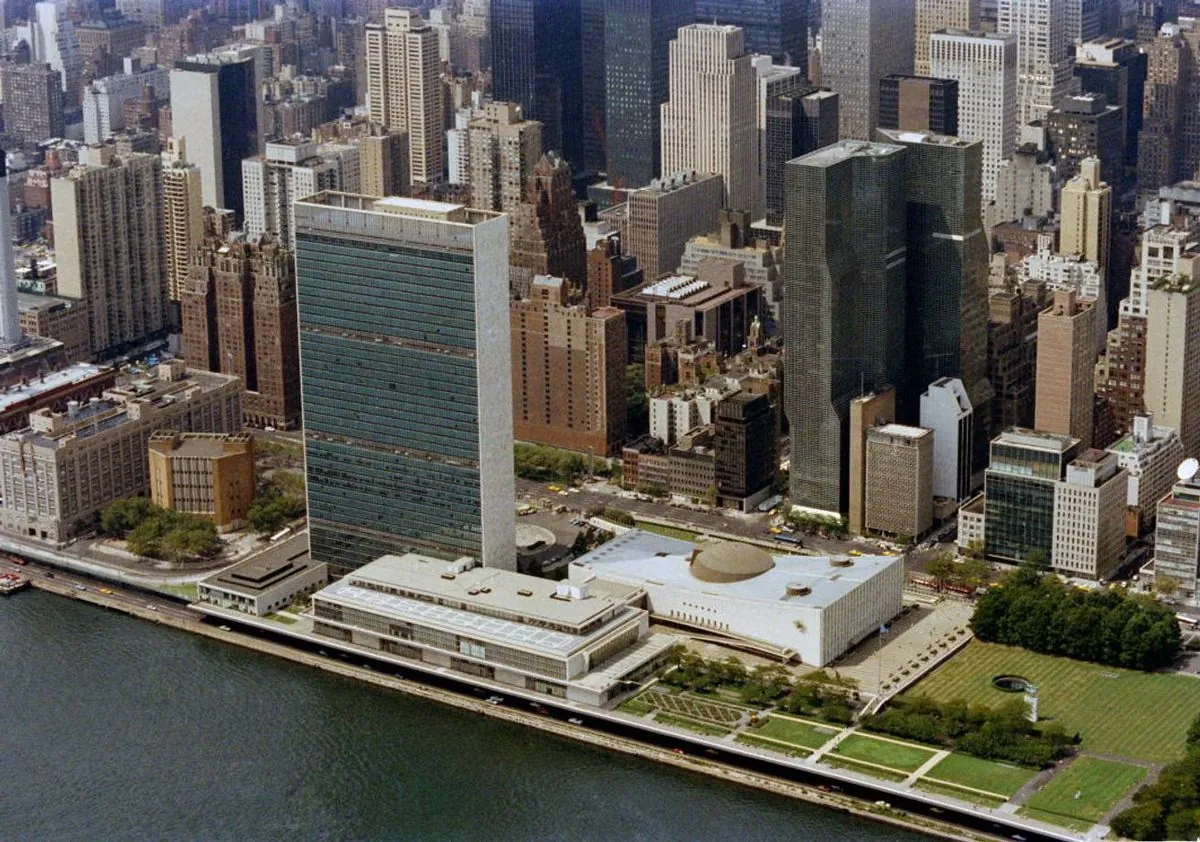Spain Condemns Attacks on Hezbollah Devices, Urges Regional Restraint
Spain's foreign ministry denounces recent attacks on Hezbollah's communication devices in Lebanon, calling for restraint to prevent escalation. The statement follows a meeting between Spanish and Palestinian leaders in Madrid.

Spain's foreign ministry has issued a statement condemning recent attacks on mobile communication devices used by Hezbollah members in Lebanon. The ministry emphasized that these actions violate international humanitarian law and pose a threat to the region's stability.
The statement, released approximately two days ago, called for restraint from all parties involved. "It's necessary to avoid a further escalation of violence and the risk of open war with unforeseeable consequences," the ministry declared. This response highlights Spain's commitment to maintaining peace in the region, a stance that aligns with its long-standing involvement in international peacekeeping efforts.
Hezbollah, a Shia Islamist political party and militant group founded in 1985 during the Lebanese Civil War, has been a significant player in Lebanese politics and regional conflicts. While some countries and organizations consider it a terrorist group, its role in Lebanon remains complex and influential.
The timing of Spain's statement is noteworthy, coming shortly after a diplomatic meeting in Madrid between Palestinian Authority President Mahmoud Abbas and Spanish Prime Minister Pedro Sanchez. This meeting underscores Spain's active engagement in Middle Eastern affairs and its efforts to contribute to peace processes in the region.
Spain's position on this matter reflects its broader commitment to international law and stability. As a member of the United Nations since 1955 and the European Union since 1986, Spain has consistently supported diplomatic solutions to conflicts and adherence to international humanitarian principles.

The situation in Lebanon is particularly delicate due to its geopolitical position. Bordering Syria and Israel, Lebanon has often been affected by regional tensions. The presence of the United Nations Interim Force in Lebanon (UNIFIL) since 1978, to which Spain has contributed troops in the past, further illustrates the international community's long-standing concern for stability in this area.
Spain's call for restraint echoes the principles established at the Madrid Peace Conference of 1991, which aimed to revive the Israeli-Palestinian peace process. This historical context adds weight to Spain's current diplomatic efforts and its concern for preventing further escalation in the region.
As the situation develops, the international community will be closely watching the responses of various actors to Spain's statement and the overall trajectory of tensions in Lebanon and the broader Middle East.


































